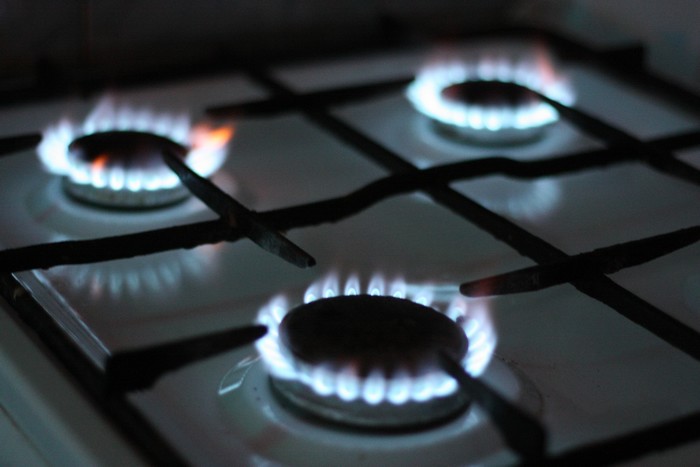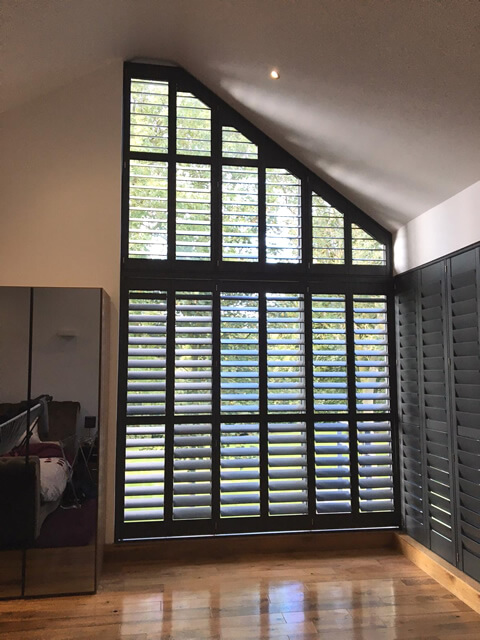The price of gas has soared by 250% since the beginning of the year and it is beginning to put many energy suppliers out of business. Such a surge in wholesale prices, is set to hike up our energy bills even further in the coming months. In fact, when combined with the end to the universal credit cap, the end to furlough support, the end to employment support, the low level of the warm home discount, and the high level of inflation, it is a pretty safe bet that this unprecedented energy bill crisis will leave some people with the devastating choice between heating and eating this winter.
The bottom line is this will affect all of us. So, we thought we would summarise the most recent advice from Money Saving Expert, Martin Lewis to try and help us all keep the damage caused by this energy crisis to a minimum.
So, what exactly is happening to our energy bills?
To help put things into perspective, the cheapest fixed deal contracts (which lock in and give you certainty) are 50% higher than at the same time last year (in 2020). So, if you locked in at £1000 a year, last year, you will be paying £1500 this year. This means than anyone coming off a fixed bill or anyone using an energy provider that has now gone bust (and is therefore being moved to a variable tariff), is going to have an enormous shock when they next receive their bill.
On top of that, the price cap is due to go up on the 1st of October 2021. Currently, the price/rate cap is £1,130 (this price is for someone with typical usage – if you use more, your cap will be higher). On October 1st this will be going up to £1,277 (a 12% hike). Money Saving Expert, Martin Lewis says “effectively, the price cap has always been the ceiling of what people will pay, but it is now going to be the floor of what people will pay and people are going to find it very difficult to find a tariff that beats that. People need to get on a comparison site and act quickly to try and get a fix”. Be careful though as Lewis warns “most comparison sites hide tariffs that don’t pay them. As no tariffs are paying at the moment, you won’t necessarily see these tariffs when searching. Be sure to unclick the default click button on the comparison site you are using so you are able to see all tariffs (the Money Saving Expert site has always shown all tariffs)”.
In short, we have gone from £1130 to £1277. The price cap will change again on 1st April 2022. We’re already in the period where the rates for next April are being assessed and decided and it’s looking like the price cap is going to jump next April to £1500 or more. For most people, that is an unaffordable figure. If there is no major intervention in the market to stop people having to choose between heating and eating, the impact will be devastating.
Common questions and answers on this subject:
- If I’m currently with one of the smaller energy companies and I’m in credit, will I lose that credit if I switch to another power company (or if my current company goes bust)?
No. If you move to another power company, you should be getting credit back by the company you leave (when you leave). That’s standard practice. However, if upon moving to another company, your exiting supplier (who you are in credit with) goes bust, then your credit will be covered by the Ofgem safety net. Your credit should be protected even if you move, but it will likely be a bit of a long process trying to get it back. - I’ve been told by my supplier that if I want to get onto a fixed tariff, I have to get a Smart Meter. Is this true?
Providers cannot force you to go onto a Smart Meter but, they can make moving to a smart meter a condition of your contract when moving to a new tariff. Smart Meters have had some bad press mainly because they were rolled out too soon and our bills are higher as a result. Non-compatible Smart Meters was a big problem too initially but seems to be improving. The fact is, Smart Meters are free – it doesn’t cost money to get one and it will help you monitor your energy usage which is a good thing. Plus, if you don’t want one, your choice of tariff will be further limited (and there are already very few tariffs to choose from right now anyway). - How will the price cap effect someone coming out of a fixed deal?
At present, the price cap is protected, and people will find struggle to beat the price cap at this time. The price cap is currently a protective tariff because it is so much lower than the cost price that energy firms currently face. Suppliers are making a loss at giving away energy at the price cap, so check whether they are talking about moving you onto a price cap tariff or a ‘special’ tariff that is actually more expensive than the price cap. Until wholesale prices come down (hopefully by the next change in price cap on 1st April 2022) then it would be advisable to go on a price cap tariff because it is protected. - I have just moved house and am not currently on any fixed deal Would you recommend waiting to fix a deal until the prices come back down?
There are two strategies that you can adopt:- Go onto the price cap which effectively gives you a 6 month fix because prices will not be raised until the next price cap change on 1st April 2022.
- The other alternative is lock into a fixed deal for a year so you have protection for longer (even if you have to pay a little bit more), you could always get out of it by paying exit penalties if you have to. This gives you security for a longer period, but you are paying more in the short run – without a crystal ball no one knows what the result will be. One thing is clear however:
Both the solutions discussed are NOT about LOWERING the bills that you are paying now. You are going to pay more. The best you can do at this stage is limit the damage caused in the future and stop bills rising further.
Start looking at your budgets and looking at your expenditure and allocate more money for your energy bills.
- Are there grants or benefits for those that are really going to be put into financial peril because of this?
There are. Some energy companies have funds and budgets and help for those that are really struggling financially. However, at this time, there is still no mention of an increase in the warm home discount from the energy minister. The shocking fact is that we are now seeing the cheapest tariffs at 50% more than at the same time as last year. The price cap is going up 12% on 1st October 2021 and likely to go up another 20% next April. However, The Warm Homes Discount (support for vulnerable people to help them pay for their energy bills) is a mere £140 and it has been £140 pounds for the last 9 years. It has not increased in that time at all. This calculation simply does not add up. In this time of crisis, the obvious route to help people who are really struggling would be to inject more money into The Warm Homes Discount. We will have to watch this space for the proposed solution on this one.
Don’t forget, interior window shutters are a great way of preventing heat loss in your home. If you are looking to improve the energy efficiency of your home via your windows, you know where we are.
Source: Money Saving Expert, Martin Lewis talking on ITV’s Good Morning Britain (21.09.21)
Get in touch!






